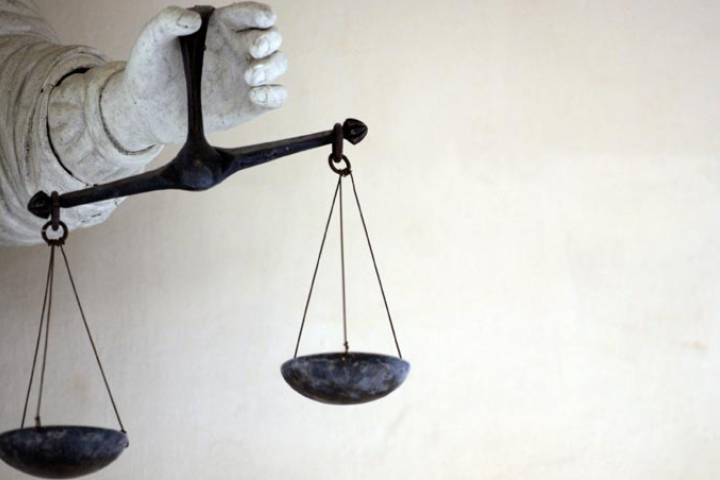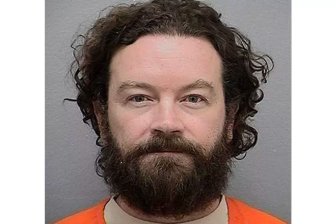WINNIPEG — The first patient in Manitoba to be granted the right-to-die passed away Tuesday.

The patient’s name, age, gender and specific illness are being kept secret under a court order.
On Wednesday morning, the patient’s lawyer, John Myers talked with Richard Cloutier on CJOB 680 and broke down how physician-assisted death works in the court system.
READ MORE: First Manitoba patient granted doctor-assisted death died peacefully: family
He said the patient’s family gave him permission to speak out to the media, as they recognize Canadians are interested in the topic. The family is hoping the information will help people understand why the patient decided to choose physician-assisted death.
The court system and physician assisted death

Get breaking National news
In order for a patient to be granted a physician-assisted death, there are certain “protocols” that need to be in place so the judge is satisfied, Myers said.
“The patient needs to fit a criteria,” said Myers and gave some examples.
“Suffering is so acute, likelihood of recovery is nil and palliative care is not working. All of these things need to come together in order for a person to quality for a physician-assisted death,” he said.
The Winnipeg Regional Health Authority (WRHA) is the entry point for anyone who has a family member wanting to qualify, Myers said. The WRHA will then help the patient seek out legal assistance to qualify for an exemption.
READ MORE: A history of right-to-die legislation in Manitoba
That’s when a lawyer, such as Myers, steps in and helps the patient and family to help prepare an application for court.
But this could all change starting June 6, 2016.
After June 6
Last February, the Supreme Court of Canada unanimously overturned a legal ban on doctor-assisted death, ruling the law should be amended to allow physicians to help in specific situations.
Earlier this year, the court gave the federal government until June 6, 2016 to come up with replacement legislation.
During this extension, the court has granted individuals meeting a certain criteria, the right to apply for an exemption. This allows patients seeking to obtain physician assistance in dying, to apply to through the court system, in order to be granted a right-to-die.
“Once legislation is passed a lawyer will not need to be involved and the issue is only between the patient and the doctor,” Myers said.
With files from CJOB








Comments